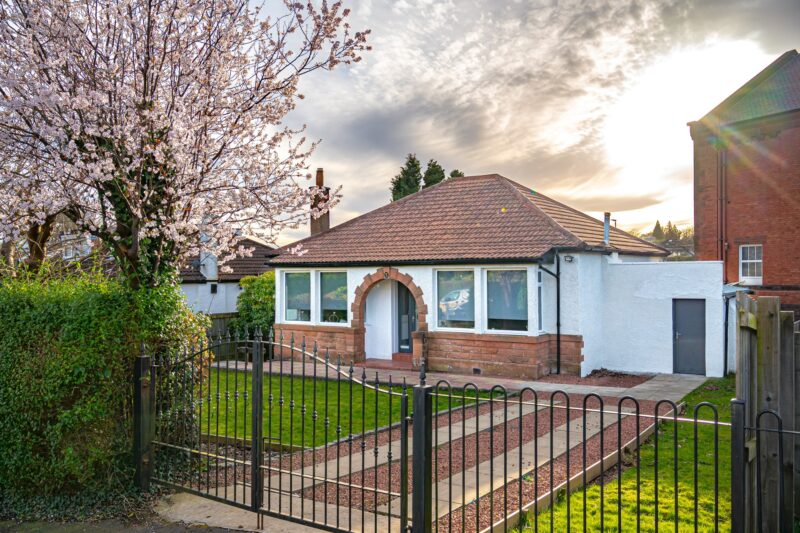
The Bank of Mum and Dad?
In 2018 almost a quarter of first-time buyers turned to the bank of mum and dad in order to buy their first home. Research from the Resolution Foundation this year showed that 30-year-olds whose parents have no property are 60% less likely to own a property, indicating just how important parents are when it comes to being able to purchase a first home.
There are several ways you can help your children or grandchildren onto the property ladder – here we look at the six top ways you can make your child’s property dream a reality.
Gifting money
You could give your child a lump sum to use as a deposit as a simple non-returnable, tax free gift. This is the most common way that parents help their children buy a property but it relies on readily available cash.
According to Legal & General, in 2018 parents or family members topped up a shortfall by gifting their children nearly £5.7bn to use towards a property. However, this is often only an option for wealthy parents who have access to cash that they won’t need in their retirement.
Gifted money could be subject to inheritance tax – you must live longer than seven years from the date you gift anything over your £3,000 annual allowance to avoid this.
If your child is buying a home with a partner it’s important to draw up a legal document such as a Declaration of Trust which protects the buyer the gift was given to, and the share of the property to which they are entitled should they part ways.
Loaning money
If you can’t afford to give away cash then you can lend it on terms to suit you. This will need to be done through a solicitor and you can specify when you will require the money back and much like a mortgage, you could register a charge on the property deeds to ensure the money is repaid.
It’s worth noting that not many lenders accept a parental loan as a deposit and will take the monthly repayments into account and further restrict the amount your child can borrow.
Add your name to the mortgage application
First-time buyers can add their parents name to the mortgage application while keeping their names off the deeds. This allows the buyer to apply for a mortgage using their parents income.
This has grown in popularity over the last few years. A joint borrower, sole proprietor deal is preferred over a traditional guarantor mortgage where parents are vetted to make sure they can take over repayments if the buyer is unable to meet them.
In fact, due to a lack of demand, only a handful of lenders now offer a guarantor mortgage.
This type of mortgage deal helps with the affordability of the mortgage but not the deposit. However, it does ensure that the buyer qualifies for first-time buyer stamp duty exemptions, while the parents avoid the additional 3 per cent stamp duty surcharge for a second home. As they don’t share ownership of the first-time buyer’s home, parents can avoid paying capital gains tax on any increase in value when the property is sold.
Swap your savings
There are several 100% mortgage deals that are tied to a parents savings account. This allows first time buyers to purchase a property without a deposit, but on the condition that a family member deposits money into an associated savings account for a fixed period of time. These types of mortgages require 10 per cent of the value of the house to be locked into a fixed rate savings account for three years.
When the term ends, you’ll get these funds back with interest.
This means that parents or grandparents who aren’t in a position to give money can still share the benefits of their wealth. However, for the buyer it means that they have to stay in the property until its value increases enough to give them a substantial deposit in order to move up the housing ladder and if house prices fall, they could be in negative equity.
Put a charge on your home
Another option for parents who want to help their children is to allow the lender to put a charge on your home rather than offer cash as a deposit.
The value of the charge could be 20 per cent of the value of the first time buyer’s house and would remain on the property for around 10 years. It can be reviewed before then and removed early if there’s enough equity in the property. This could suit parents who have money in property but don’t plan to move home.
There is a risk that you could lose your home if your child’s house is repossessed and there is not enough money to repay the loan.
Equity release
Those with plenty of property wealth but with a low income could unlock the equity in their home to help their children onto the property ladder.
Equity release is available to borrowers aged over 55 and means that they can gift their property wealth whilst they are still alive. Last year nearly 20 per cent of borrowers taking out equity release used this to help a family member to buy a property.
It can reduce your inheritance tax liability, as the value of the equity release loan will be deducted from the overall estate when the inheritance tax bill is calculated.
It’s worth noting that rates on equity release mortgages are higher than traditional mortgages.







